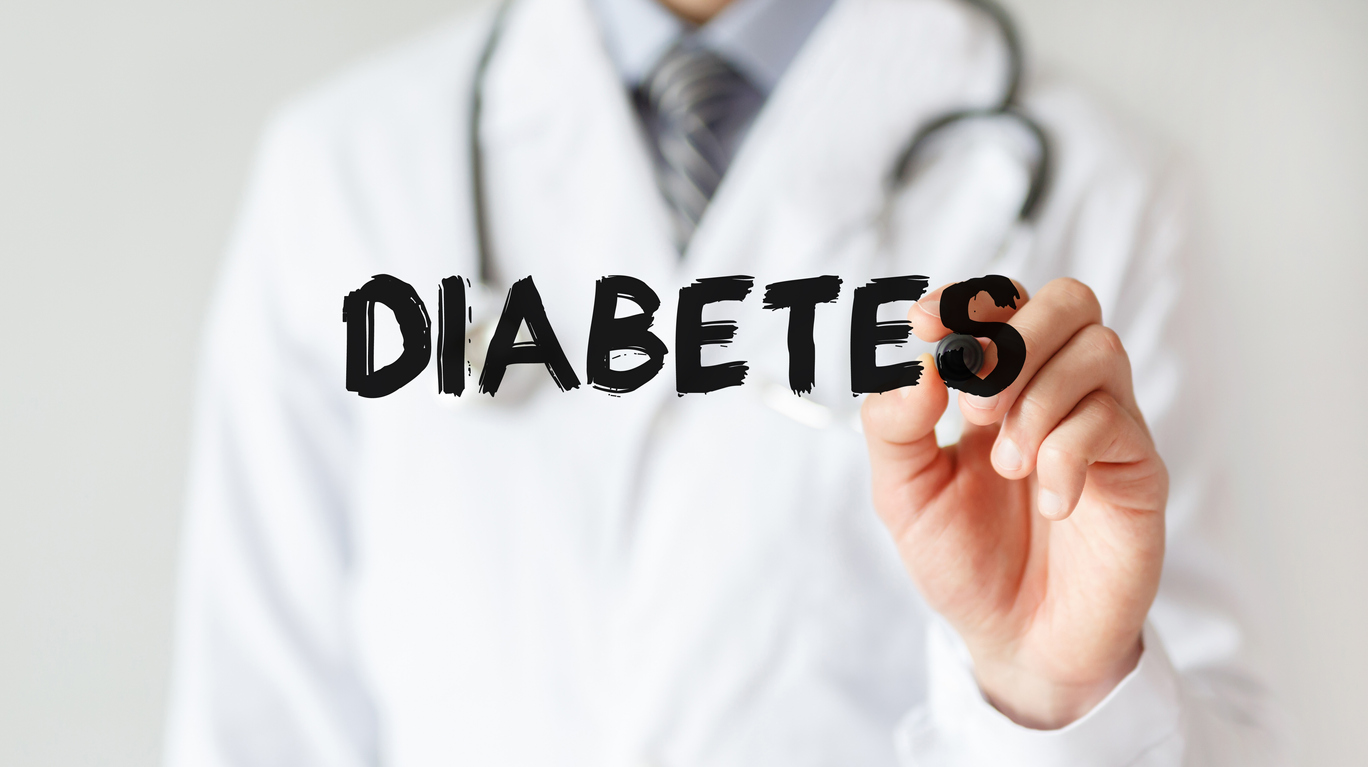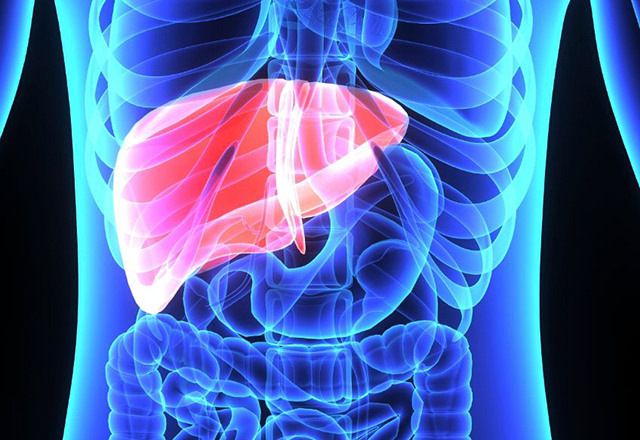As a heart transplant recipient, you’ll quickly find yourself being asked to take a laundry list of blood tests. While this can be inconvenient and frustrating, it’s also really important. Your doctor can’t tell what’s going on with your new heart by looking at you. Blood tests provide information on how well your heart is functioning and how your medications may be affecting your body. By reviewing the results, your physician may adjust medications, recommend changes to your diet or fluid intake, or recognize the need for additional examination. Read the full story on CareDx.com.
Liver transplant patient travels across the world to Chicago for life-saving surgery
CHICAGO – A Chicago hospital is getting worldwide recognition for its organ transplant program.
Patients travel from around the globe to receive life-saving treatment at Northwestern Medicine. One of those patients is Mohamad Alhosani. Check out the full story from Fox 32 Chicago.
Kidney Transplant Rejection: What You Need to Know
Since the first kidney transplant more than 60 years ago,1 doctors have developed a deeper understanding of how to protect donated organs. With newer medications and improved management, it’s less likely transplanted kidneys will undergo rejection by the immune system.
That’s not to say doctors have completely eliminated the risk of kidney transplant rejection, though. Unfortunately, while many kidneys will last much longer, the median life of a kidney transplant is still only ten years. Understanding the risks and early warning signs of rejection gives you the best chance of a successful kidney transplant.
CareDx Committed to Delivering Clinical Innovation to the Transplant Patient and Physician Community
NOVEMBER 11, 2022
CareDx Leads Scientific Evidence with Over 100 Peer-Reviewed Publications Supporting the Clinical Use of AlloSure and AlloMap for Organ Transplant Patients
BRISBANE, Calif.–(BUSINESS WIRE)– CareDx, Inc. (Nasdaq: CDNA) – The Transplant Company™ focused on the discovery, development, and commercialization of clinically differentiated, high-value healthcare solutions for transplant patients and caregivers – today announced the five-year anniversary of AlloSure®, the groundbreaking, non-invasive donor-derived cell-free DNA (dd-cfDNA) surveillance solution used to measure allograft injury in solid organ transplant recipients. AlloSure along with AlloMap® represent disruptive innovations in the field of solid organ transplant. Read the full press release on CareDx.com.
Puzzling, Unique ECG From Pig-to-Human Transplanted Heart
In the first transplant of a genetically altered pig heart into a human in January, initial unexpected, prolonged ECG readings apparently did not affect the heart’s function, although the organ suddenly began to fail at day 50.
A study of these ECG changes, scheduled for presentation by Calvin Kagan, MD, and colleagues at the American Heart Association (AHA) 2022 Scientific Sessions, offers insight into this novel operation. Read more in Medscape.
Type 2 diabetes remission likely for adults with ‘healthy’ BMI and 10% weight loss
Adults with type 2 diabetes and a BMI of 21 kg/m2 to 27 kg/m2 have high likelihood of diabetes remission if they lose 10% of their starting weight, researchers reported.
“Type 2 diabetes is often considered to be ‘caused’ by a higher body mass index, and certainly there is a strong link between increasing weight, increasing BMI and the incidence of type 2 diabetes,” Alison C. Barnes, RD, lead research associate and dietitian at the Human Nutrition Research Centre at Newcastle University, Newcastle upon Tyne, U.K., said during a presentation at the European Association for the Study of Diabetes annual meeting. Read more from Healio.
MODEL score predicts 1-year mortality after liver transplantation in patients with ACLF
WASHINGTON — The Multi-Organ Dysfunction and Evaluation for Liver transplantation, or MODEL, score predicted high probability of mortality in transplant patients with severe acute-on-chronic liver failure, according to research.
“Acute-on-chronic liver failure (ACLF) is common and associated with high short-term mortality,” Ruben Hernaez, MD, MPH, PhD, associate professor of gastroenterology and hepatology at Baylor College of Medicine, said at The Liver Meeting. Read more in Healio.
You Need an Organ Transplant: 10 Pieces of Advice from Those Who Have Gone Through It
You just found out you need an organ transplant. Whether it’s a heart, kidney, liver or lung, there are some key fundamentals to keep in mind as you navigate your transplant journey. Who better to share advice than those who have been through it?
Below are words of advice transplant recipients shared on Facebook and Instagram from their experiences during their transplant journeys. Read more on CareDx.com.
MELD 3.0 bests MELD-Na in predicting liver transplant waitlist mortality for adolescents
WASHINGTON — MELD 3.0 more accurately predicted the risk for 90-day waitlist mortality compared with MELD-Na among adolescent patients on a liver transplant waitlist, according to research presented at The Liver Meeting.
“Adolescents, which we have defined here as children or teenagers aged 12 to 17, constitute a unique and often overlooked waitlist cohort that is distinct from younger children and adults,” Allison J. Kwong, MD, a transplant hepatologist specializing in chronic liver disease at Stanford University, said. Read more in Healio.
Kidney Transplant Recipients Have Insufficient Immunity During COVID-19 Illness
Investigators have found evidence of reduced T cell immunity during COVID-19 illness followed by T cell recovery in kidney transplant recipients. Insufficient immunity appears to occur despite initial reduction of antirejection medications in these patients.
Most centers have empirically reduced anti-rejection immunosuppression in kidney transplant recipients with COVID-19 due to concerns that immunosuppressant use would hinder anti-COVID-19 immunity, Madhav C. Menon, MBBS, of Yale University in New Haven, Connecticut, and colleagues explained in the Journal of the American Society of Nephrology. Read the full story in Reanl & Urology News.






